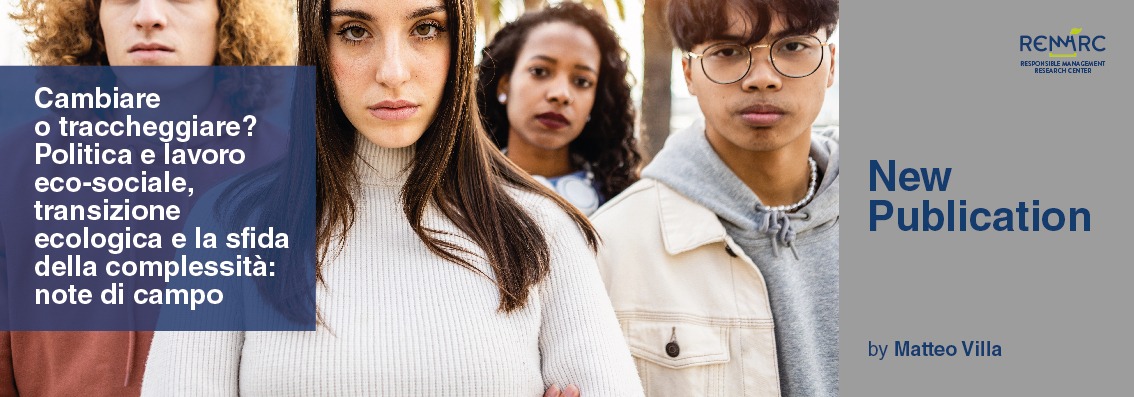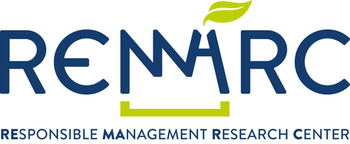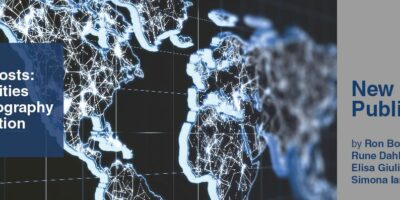New Publication: Cambiare o traccheggiare? Politica e lavoro eco-sociale, transizione ecologica e la sfida della complessità: note di campo

Matteo Villa is the author of chapter “Cambiare o traccheggiare? Politica e lavoro eco-sociale, transizione ecologica e la sfida della complessità: note di campo” in book E. Matutini (ed.), Environmental social work. Lavoro sociale, giustizia ambientale e sostenibilità ecologica, PM Edizioni.
Abstract
In the last fifteen years we have witnessed the growth of the literature on the role of welfare, policy and social work in the ecological transition. I discussed this topic in the essay “Crisi ecologica e nuovi rischi sociali” (Villa 2020), sketching out a framework of the problem, the debate and the main perspectives of inquiry, as well as outlining a specific approach for integrating social policy research and sustainability. In the present essay, I try to take a few steps forward, picking up some threads of the discourse left undone, especially by articulating and beginning to test the pragmatic-systemic approach discussed there. In the context of the book edited by Elisa Matutini that hosts the following pages, the aim is to operationalize the triple nexus between social and environmental dimensions, between social policies and intervention’s own processes, and between top-down and bottom-up dynamics and forms of political and social mobilization. Indeed, in the literature, these pathways hardly integrate, too often re-proposing separations and dualisms that hinder the understanding of ecological problems and strategies to address them, extruding social from economic and environmental dimensions and vice versa, and separating social-relational practices and processes from institutional and policy designs and arrangements and vice versa. The essay first reflects on the findings of some recent or ongoing research, identifying some potentials and obstacles of transition processes from a pragmatic and bottom-up perspective. The data sources are mainly locally based case studies analyzed through a specific theoretical-methodological approach and in comparison with some literature sources in the field of Sustainable welfare and eco-social work. The hypothesis is that local contexts and conflicts at the meso level (Granovetter 2017) can be an effective lens for bringing out and analyzing processes and interdependencies mentioned above. The goal is to explore the forms of such interdependencies, the actual or potential role of possible integrated eco-social policies and practices (eco-social policies and eco-social work), and from there, possible emerging sustainable welfare forms and functions. The paper moves from a description of the institutional innovations and regulations deliberated in the regional context of the main cases studied, as well as their evaluations by the actors interviewed; it also analyzes some characteristics of the contexts and processes of transition underway and the main objects, modes and reasons for the multiple controversies observed; finally, it discusses the emerging data on the eco-social work policies and experiences identified. The concluding reflection is organized around three main topics: (1) actual and potential role of eco-social policies and work in ecological transition; (1) possibilities and limits of institutional innovation in the face of the interconnected dynamics of the ecological challenge; and (2) few methodological aspects of transition processes. Data analysis and discussion are being developed on the basis of literature resources in the fields of ecological science, economic and organizational sociology, ecological economics, some work in the fields of sustainable welfare, eco social policy and eco social work, and according to the pragmatic-systemic perspective mentioned above.



